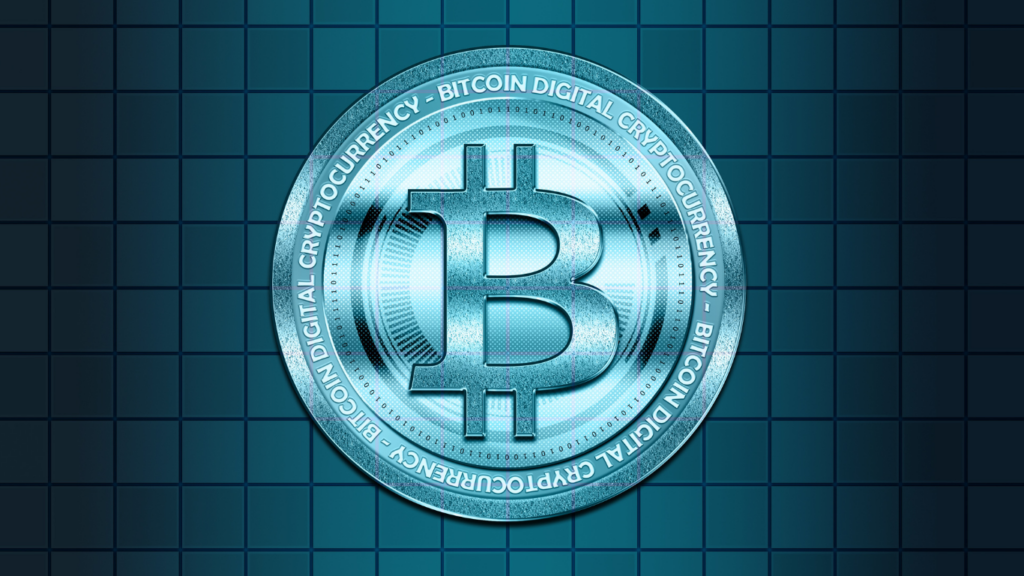Understanding Athlete Sponsorship Deals
Athlete sponsorship deals have long served as a crucial revenue stream. They involve agreements where companies pay athletes to endorse their products or services, leveraging the athletes’ visibility to reach broader audiences.
Traditional Sponsorship Structures
Traditional sponsorship typically involves endorsements, licensing, and promotional appearances. Athletes endorse products by featuring them in advertisements or using them publicly. Licensing permits companies to use an athlete’s name or image on merchandise. Promotional appearances see athletes attending events or brand activities. These structures rely heavily on athletes’ performance and marketability to drive value.
Evolution of Sponsorship in Sports
Sponsorship in sports has evolved significantly, influenced by digital advancements and changing consumer behavior. Modern deals often include digital content creation, social media promotions, and personalized fan interactions. Athletes now leverage platforms like YouTube and Instagram to enhance brand narratives. These evolutions reflect a shift toward more interactive and engaging sponsorship strategies, allowing athletes to connect with global audiences and monetize their personal brands beyond traditional boundaries.
Impact of Digital Transformation
Digital transformation reshapes how athletes leverage sponsorships. New technologies boost athletes’ engagement and revenue opportunities.
Rise of Social Media Influence
Social media platforms have become crucial tools for athletes. Many athletes connect directly with fans through platforms like Instagram and Twitter, sharing personal stories and exclusive content. This direct engagement builds stronger personal brands and attracts sponsors looking to tap into vast follower bases. For example, Cristiano Ronaldo boasts over 500 million followers on Instagram, amplifying his sponsorship reach significantly. This influence enables athletes to negotiate more favorable terms, often including clauses tied to social media engagement metrics.
The Role of E-commerce Platforms
E-commerce platforms enhance how athletes monetize their fame. By collaborating with platforms like Shopify and Amazon, athletes sell branded merchandise and limited-edition items directly to consumers. This reduction of intermediaries boosts profit margins and personal brand control. Additionally, partnerships with e-commerce companies lead to co-branded product lines, as seen with athletes like LeBron James launching exclusive merchandise. This integration into digital marketplaces further expands revenue streams beyond traditional endorsements, maximizing their earning potential.
NFTs: A New Revenue Stream
NFTs, or non-fungible tokens, offer athletes a novel way to monetize their brand. By leveraging blockchain technology, athletes can create unique digital assets that appeal to their fans and collectors.
What Are NFTs and How Do They Work?
NFTs are digital certificates stored on a blockchain, confirming ownership of a specific item. Unlike cryptocurrencies such as Bitcoin, NFTs aren’t interchangeable due to their unique properties. This makes them ideal for authenticating virtual collectibles. Athletes mint NFTs to represent various digital content, from artwork to video highlights, providing fans with exclusive ownership rights or unique experiences.
Successful Athlete NFT Campaigns
Several athletes have successfully tapped into the NFT market.
- NBA star LeBron James has released digital highlights through platforms like NBA Top Shot, generating millions.
- Tennis legend Naomi Osaka collaborated with artists to create NFT art pieces, which sold for substantial sums.
- These successful campaigns demonstrate the lucrative potential of NFTs in sports marketing, establishing a direct revenue stream while engaging with fans in innovative ways.
Challenges and Considerations

Athletes venturing into digital sponsorships, especially NFTs, face several challenges. These primarily involve navigating complex legal and financial landscapes and managing market volatility.
Legal and Financial Implications
Navigating legal regulations is crucial for athletes engaging in digital sponsorships. Contractual obligations in traditional deals differ from those in NFT and digital asset spaces. Understanding intellectual property rights and ensuring compliance with digital trade laws requires athletes to work closely with legal experts. The financial aspect also can’t be overlooked. NFTs and digital engagements may involve complex financial considerations, including taxes and revenue-sharing among platforms, requiring financial advisors’ support.
Market Volatility and Athlete Reputation
The NFT market’s volatility presents significant risks.
- Values of digital assets can fluctuate drastically, impacting the perceived success of an athlete’s venture.
- Athletes must carefully assess the reputation risk tied to these volatile markets.
- Any perceived failure or association with scams can harm their brand.
- Due diligence in selecting trustworthy platforms and understanding market dynamics can help protect and enhance their brand image.
Future Trends in Athlete Sponsorship
Athlete sponsorship is poised for transformation as new technologies and opportunities emerge. The integration of modern tech and diverse income avenues promises significant shifts in how athletes manage and monetize their personal brands.
Integration with Emerging Technologies
Blockchain and AI are reshaping athlete partnerships. Blockchain ensures the authenticity of NFT creations, providing verifiable ownership of digital assets. As athletes develop virtual goods and experiences, blockchain secures these products’ provenance, attracting sponsors seeking credibility. AI, with its predictive capabilities, customizes fan engagement strategies by analyzing audience preferences. This allows athletes to tailor their content, enhancing sponsor value propositions and driving deeper fan connections. VR and AR offer immersive fan experiences, turning virtual merchandise into engaging three-dimensional fan interactions at events or through digital media. These technologies amplify direct fan engagement and increase sponsor appeal.
Potential for New Revenue Streams
Athletes are exploring novel income channels through digital platforms and collaborations. With platforms like Patreon or Twitch, they can monetize exclusive content, such as behind-the-scenes footage or real-time interactions, enticing both current sponsors and new partners. Subscription services offer personalized content, creating recurring revenue streams and strengthening fan loyalty. Co-branded digital products, including e-learning courses or exclusive members-only merchandise, merge athletes’ expertise with interactive fan participation. Strategic partnerships with tech companies for exclusive branded apps or experiences beget new sponsorship models aligned with digital innovation.




